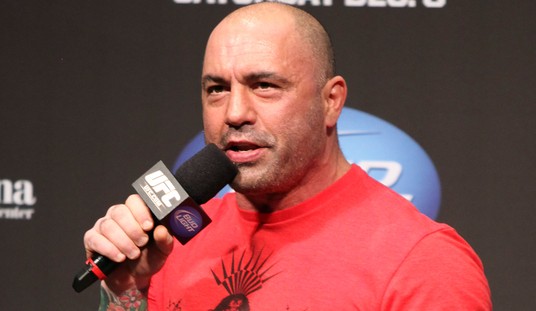Among the many issues with our health care system highlighted by the pandemic is the problem of surprise medical bills, which continues to infuriate patients and confound policymakers.
Surprise medical bills are charges that patients receive for unscheduled or emergency services from out-of-network providers that insurance companies choose not to pay or negotiate away ahead of time. Often, patients receive treatment but are unaware that certain services will be handled differently until the bill comes to them later — thus the “surprise.”
Recognizing the political dynamics of this issue, President Trump issued a recent Executive Order on this topic. While it was short on substantive policy prescriptions, it specified a date of December 31 of this year for Congress to act, after which “the Secretary of Health and Human Services shall take administrative action.”
Congressional proposals are all aimed at ensuring that patients are taken out of the middle of the dispute between insurer and physician—a goal that all sides of the health care industry say they want to achieve. But once the patient is no longer responsible for these charges, the issue becomes how to make sure they are handled in a fair way.
And almost all legislation so far would institute a negotiation process between the physician and insurer for the remainder of the bill. Should that negotiation fail, the outcome would be determined by a process called an Independent Dispute Resolution (IDR).
The good news is that some states have already successfully set up an IDR process with positive results, notably New York, New Jersey, Florida, Texas, Illinois, and Washington.
The common thread in these states’ IDR processes is that they do not favor any side. They allow both sides to make their best case, including allowing physicians to present relevant information about the value of their services. This includes evaluating how insurers have paid all physicians in the past for non-contracted services. Also, the IDR is not forced to primarily consider the in-network rate, as that rate is set unilaterally by the health insurance companies without agreement by physicians. Payment amounts must be placed in the context of similar out-of-network services in the same geographic area.
Recommended
On the federal level, some 110 members of the House of Representatives support this approach. The bill, H.R. 3502, has the most overall and bipartisan support of any of the surprise medical bill legislation. Additionally, a new poll commissioned by the Taxpayers Protection Alliance found that voters overwhelmingly want a fair IDR process.
On the flip side, the bad news is that there are credible reports that Sens. Lamar Alexander (R-Tenn.) and Bill Cassidy (R-La.) have reached a “compromise” that tilts the playing field heavily in favor of insurance companies.
Under a skewed IDR, the arbitrator must primarily consider the insurers’ preferred rate (using in-network rate data), specifically prohibiting consideration of any data related to physician charges. This approach essentially outlaws physician bills for the first time ever—a radical change that would dictate physician payment rates and stands to end America’s independent medical profession as we know it. And any price control mechanism is of course a staple of the socialized medicine about which Americans are rightly worried.
Few people will be surprised that health insurance companies, whose profits are now at record levels, want to seize another opportunity to use government power to fill their coffers as happened with the Affordable Care Act. Giant health insurers have had the ear of various committee chairs and other key Members of Congress. As such, the only IDR process that has passed Congressional Committees is one that is rigged to favor insurance companies.
But a more common-sense approach would not tip the scale in favor of any industry actors in the policy dispute over surprise medical bills. The only group on the health care playing field that will objectively benefit from a truly fair Independent Dispute Resolution process will be American patients, especially in underserved communities and those hardest hit by the often-shocking costs of surprise medical bills. And results for patients, after all, is what any health care reform effort should have as its highest goal.
Mario H. Lopez is president of the Hispanic Leadership Fund, a public policy advocacy organization that promotes liberty, opportunity, and prosperity for all Americans.

























Join the conversation as a VIP Member